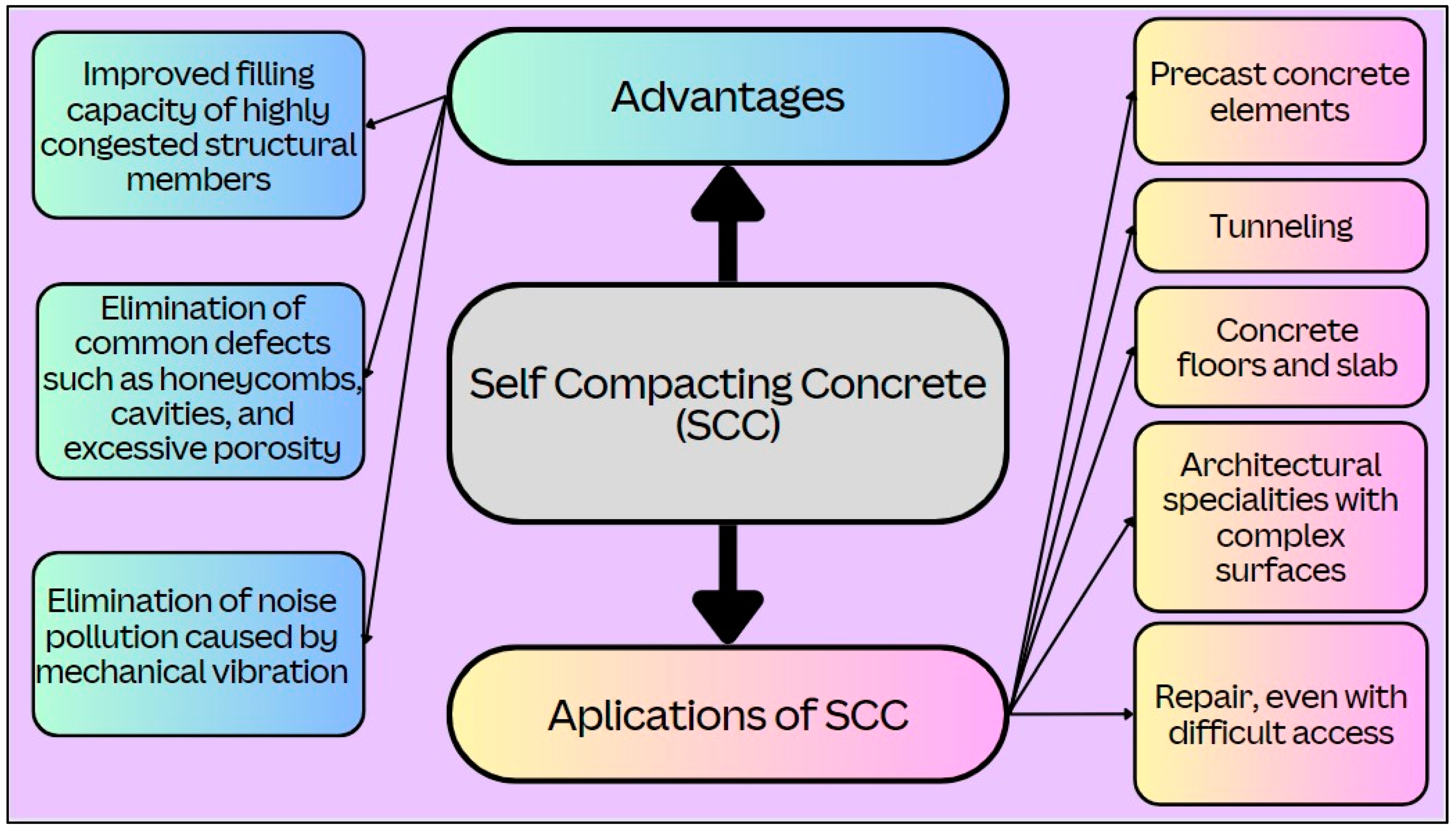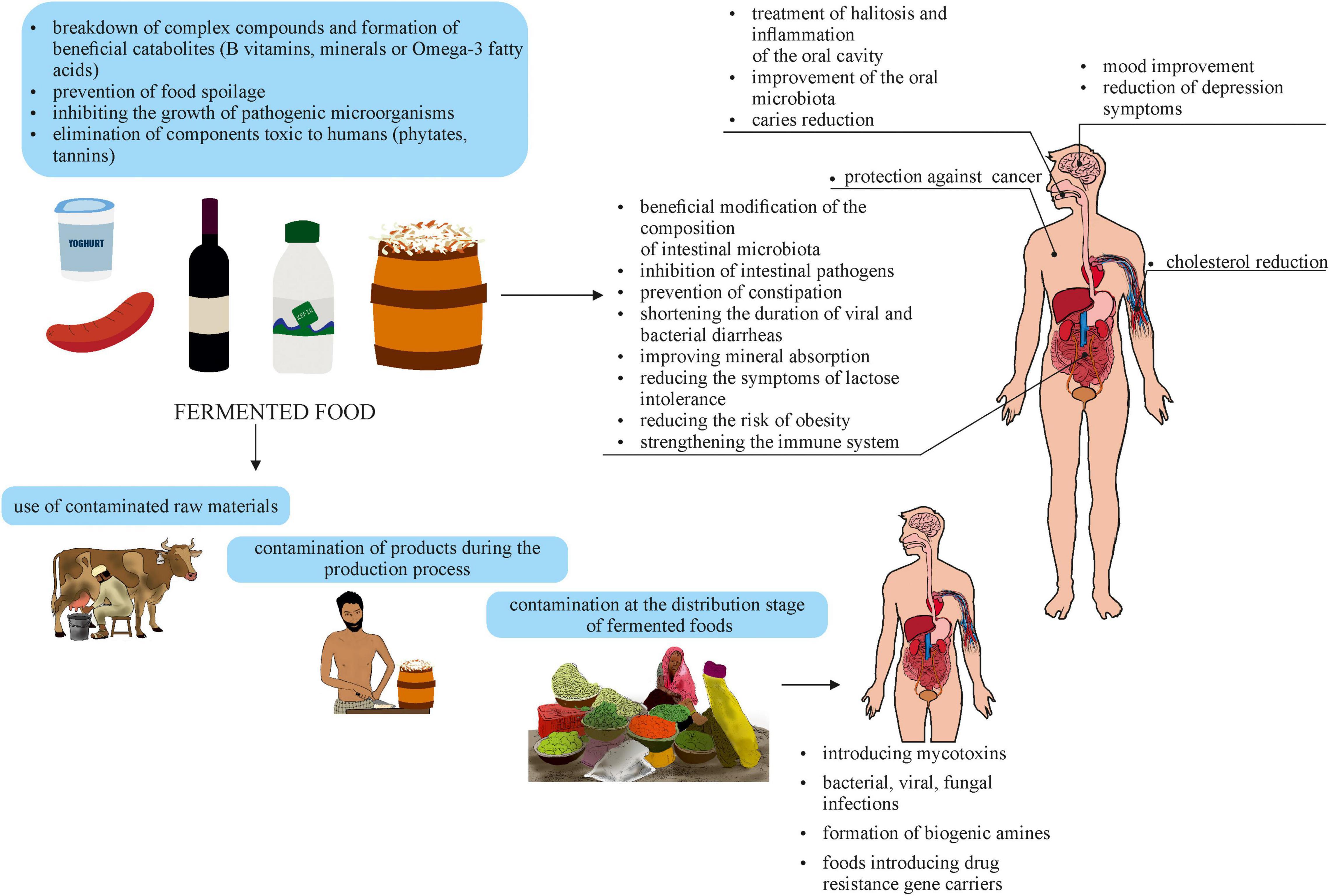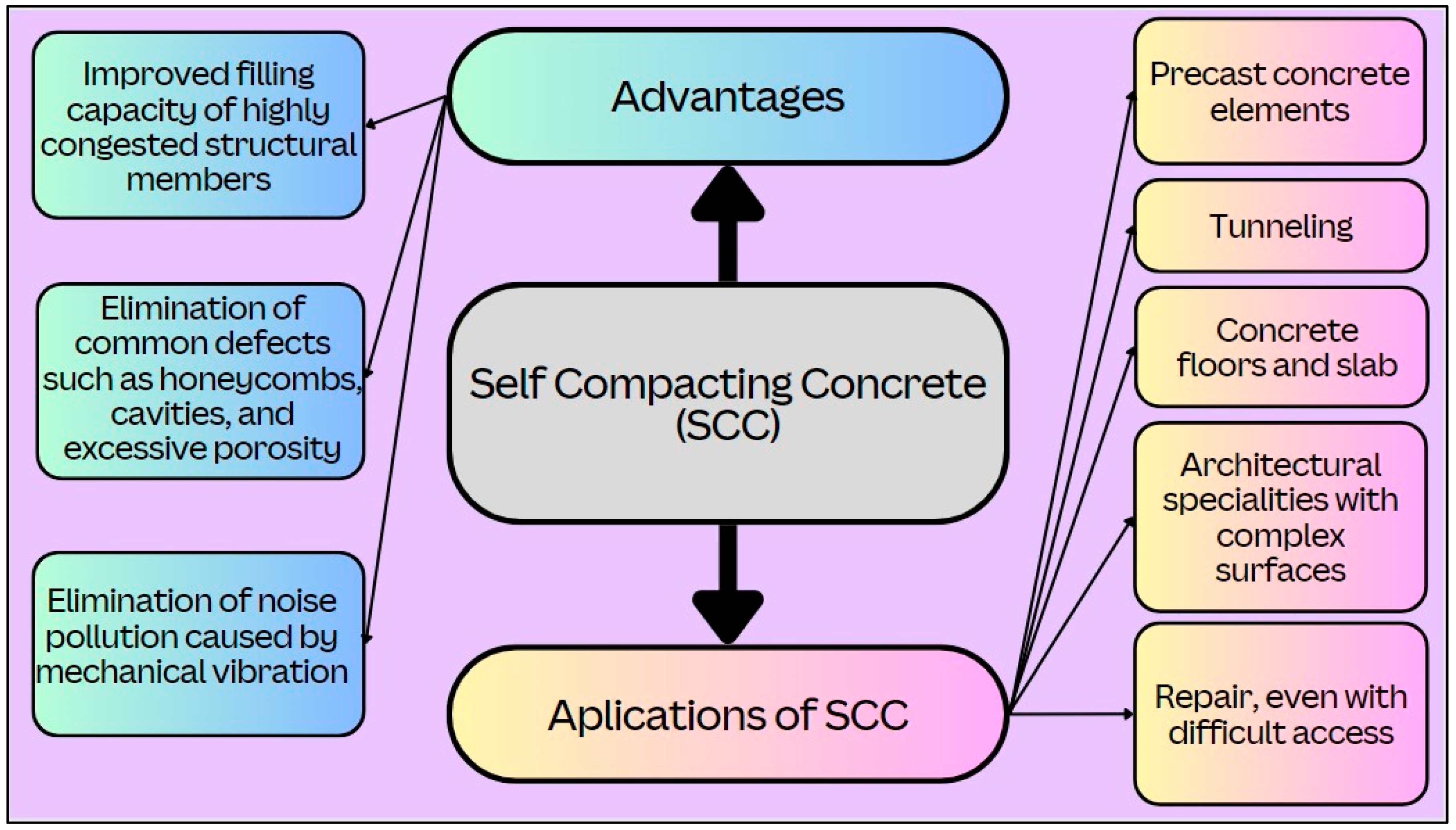The elimination diet has pros and cons. Here’s how it works.
The elimination diet is a popular approach for identifying food sensitivities and allergies. By systematically removing certain foods from your diet and then reintroducing them one at a time, you can pinpoint which ones may be causing adverse reactions. This process can help alleviate symptoms such as digestive issues, skin problems, and even migraines.
However, the elimination diet can be challenging to follow and may require strict dietary restrictions. It can also be time-consuming and may require guidance from a healthcare professional or registered dietitian. It’s important to weigh the potential benefits against the limitations and consider individual needs and goals before starting an elimination diet.
Advantages Of An Elimination Diet
An elimination diet is a valuable tool for identifying food sensitivities and improving digestive issues. By eliminating certain foods from your diet and slowly reintroducing them, you can pinpoint which foods may be causing negative reactions in your body. This can help you to identify and avoid triggers that may be contributing to digestive discomfort, bloating, gas, and other digestive issues.
The elimination diet allows you to take control of your health and make informed decisions about your diet. It empowers you to become more aware of the foods you consume and their effects on your body. By identifying food sensitivities and eliminating problem foods, you can experience relief from symptoms and improve your overall well-being.
In addition, an elimination diet can educate you about your own body and its unique responses to different foods. This knowledge can guide you in making healthier food choices and create a customized diet that supports your optimal health.

Credit: www.mdpi.com
Disadvantages Of An Elimination Diet
An elimination diet, though effective in identifying food sensitivities, comes with its own set of disadvantages. One major concern is the potential for nutritional deficiencies as it restricts certain food groups from the diet. It can lead to inadequate intake of essential vitamins, minerals, and macronutrients. Therefore, it becomes critical to ensure optimal nutrition through careful planning and supplementation. Another challenge that individuals may face is the social aspect of following an elimination diet. It can be difficult to find suitable options at social gatherings or when dining out, potentially leading to feelings of exclusion or isolation. Despite these drawbacks, the elimination diet can be a valuable tool in identifying food sensitivities and promoting overall health. It is important to approach it with caution, seek guidance from a healthcare professional, and focus on maintaining a balanced diet.
Implementation Of An Elimination Diet
The implementation of an elimination diet involves removing specific foods to identify potential triggers for food sensitivities and allergies. While it can help address digestive issues and inflammation, it may lead to nutrient deficiencies and social limitations. Understanding the process and seeking professional guidance can help individuals determine if this approach is suitable for their health needs.
| Eating plan removes trigger foods to identify sensitivities. |
| Professional guidance essential to avoid nutrient deficiencies. |
| Planning meals meticulously helps maintain balanced nutrition intake. |

Credit: www.frontiersin.org
Credit: www.researchgate.net
Frequently Asked Questions Of Elimination Diet Pros Cons And How It Works
What Are The Risks Of Elimination Diet?
Potential risks of elimination diet include nutrient deficiencies, inadequate energy intake, and limitation of food variety. These can lead to low energy levels, impaired immune function, and poor overall health. It’s important to consult a healthcare professional before starting an elimination diet to minimize these risks.
Do Elimination Diets Really Work?
Elimination diets can be effective in identifying food sensitivities and improving overall health. Consulting with a healthcare professional is recommended before making any significant dietary changes.
What Are The Benefits Of The Elimination Diet?
The elimination diet offers several benefits. It helps identify food triggers for allergies or sensitivities, reduces inflammation, improves digestion, and promotes overall health and wellbeing.
How Long Does It Take For Elimination Diet To Work?
Elimination diets can start showing results within 2-4 weeks, but individual timeframes may vary. It’s important to commit to the diet and follow it strictly to assess its effectiveness in identifying food triggers and managing symptoms. Consulting a healthcare professional can provide more personalized guidance.
Conclusion
Considering the pros and cons, the elimination diet can be beneficial for identifying food sensitivities. However, it requires dedication and professional guidance. By eliminating trigger foods, individuals can improve their overall health and well-being. Consult a healthcare provider before embarking on this dietary journey.

